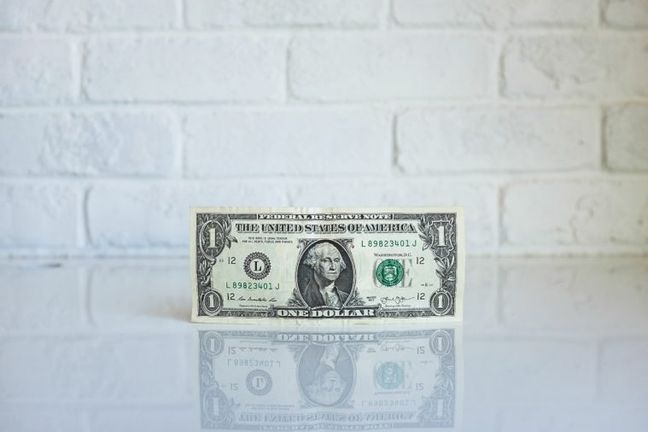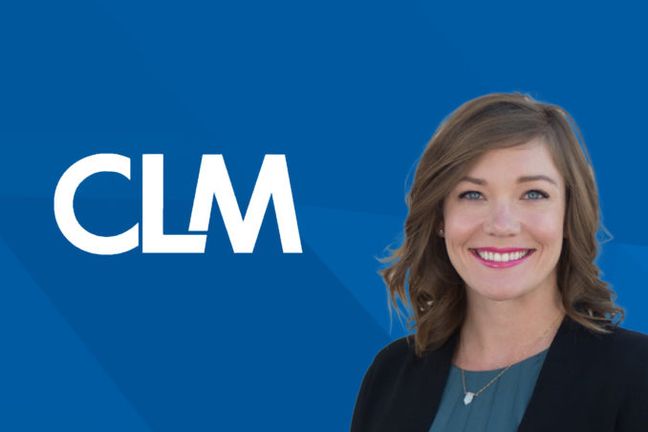When a Certified Public Accountant (CPA) improperly prepares a taxpayer’s returns, resulting in underpayment of state or Federal taxes, the taxpayer will incur various expenses. Specifically, the taxpayer will have to: 1) pay the outstanding taxes owed, 2) pay interest to the IRS and/or California Franchise Tax Board (FTB), 3) pay a penalty, and 4) pay corrective costs (i.e. cost to hire a new CPA to correct the mistake).
Generally, the taxpayer may not recover the taxed owed against a CPA – unless the CPA’s negligent advice caused the taxpayer to incur the additional tax liability. (Eckert Cold Storage v. Behl (E.D.Cal. 1996) F.Supp. 1230, 1235 citing to Deloitte, Haskins &Sells v. Green (1991) 198 Ga.App. 849 [where accountant negligently advised plaintiff sale of his business would result in $30,000 tax liability when tax liability was actually $650,000; the accountant may be held liable for tax assessment because but-for his advice the plaintiff would not have sold his business). The taxpayer may, however, recover penalties and corrective costs against a negligent CPA. (See Jacob L. Todres, Tax Malpractice Damages: A Comprehensive Review of the Elements and Issues, 61 Tax Law 705, 744-747) This article addresses the less settled issue of interest recovery.
There are generally three approaches to recovery of interest in negligent tax preparation causes of action. The approaches include:
- The interest is recoverable. (See e.g. Dail v. Anderson 570 N.E.2d 1167 (Illinois 1991).)
- The interest is not recoverable. (See e.g. Ackerman v. Price Waterhouse 591 N.Y.S.2d 936, 946 (N.Y.App.Div. 1992.)
- The difference between the interest rate charged by the IRS and the actual rate of return for that time period is recoverable (only if the IRS rate is higher than the actual rate of return). (See e.g. Ronson v. Talesnick 33 F. Supp.2d 347 (New Jersey 1999).)
The only California case directly addressing the issue is a case decided in the U.S. District Court of California wherein a Federal judge applied California substantive law to rule that interest paid to the IRS represents a payment for the plaintiff’s use of the tax money during the period after the taxes came due and before they were paid. As such, “to the extent that the IRS charges the market rate, interest is not a proper element of damages.” (Eckert Cold Storage v. Behl (E.D.Cal. 1996) F.Supp. 1230, 1235 citing to Ackerman v. Price Waterhouse 591 N.Y.S.2d 936, 946 (N.Y.App.Div. 1992).
The Eckert court relies on the Ackerman decision, which holds interest is not recoverable. (See also secondary commentators at 26 Akron Tax J. 1, 21 (2011); and 92 J. Tax’n 176, 177-78 (2000) [suggesting California is a “no interest recovery” state].) The reasoning in Eckert, however, suggests interest may be recoverable to the extent that the rate charged by the IRS exceeds the market’s rate of return for the time period in question. The Eckert decision does not, however, stand for the proposition that the taxpayer is entitled to recover the difference between his or her actual rate of return on investments and the rate charged by the IRS.
In short, California taxpayers are not entitled to recover the full amount of interest charged by the IRS. Arguably, however, the taxpayer may recover the difference between the interest rate charged and the actual market’s rate of return for relevant time period.

 Author: Jacob Felderman
Author: Jacob Felderman
 Cayce Lynch Weighs In: What Technology Solutions Are Effective When Handling Catastrophes?
Cayce Lynch Weighs In: What Technology Solutions Are Effective When Handling Catastrophes?
 Asian American & Pacific Islander Heritage Month Spotlight: Sitar Bhatt
Asian American & Pacific Islander Heritage Month Spotlight: Sitar Bhatt
 Women’s History Month Spotlight: Lynn Allen
Women’s History Month Spotlight: Lynn Allen
 Women’s History Month Spotlight: Kristi Blackwell
Women’s History Month Spotlight: Kristi Blackwell
 Women’s History Month Spotlight: Brooke Park
Women’s History Month Spotlight: Brooke Park
 Black History Month Spotlight: Chris Campbell
Black History Month Spotlight: Chris Campbell
 Are Security Deposits “Property” in Washington?
Are Security Deposits “Property” in Washington?
 How Tyson & Mendes Builds a Powerful Team With a Healthy Work-Life Integration
How Tyson & Mendes Builds a Powerful Team With a Healthy Work-Life Integration
 Our Unique Benefits Package Enables Our Attorneys to Thrive
Our Unique Benefits Package Enables Our Attorneys to Thrive
 Dram Shop Wrongful Death Damage: Which Damages Cap Prevails?
Dram Shop Wrongful Death Damage: Which Damages Cap Prevails?
 An Overview of Common Personal Injury Damages in Colorado
An Overview of Common Personal Injury Damages in Colorado
 When is a Leaky Roof No Longer the Roofer’s Problem? Application of Colorado’s Construction Defect Statute of Repose
When is a Leaky Roof No Longer the Roofer’s Problem? Application of Colorado’s Construction Defect Statute of Repose
 DOES UNINSURED MOTORIST COVERAGE ENCOURAGE ASSAULT?
DOES UNINSURED MOTORIST COVERAGE ENCOURAGE ASSAULT?
 DEFENDING A SELF-EMPLOYED PLAINTIFF’S LOST INCOME CLAIM: ARE PERSONAL TAX RETURNS DISCOVERABLE IN CALIFORNIA?
DEFENDING A SELF-EMPLOYED PLAINTIFF’S LOST INCOME CLAIM: ARE PERSONAL TAX RETURNS DISCOVERABLE IN CALIFORNIA?
 Can an Employer Be Held Liable for an Off-Duty Employee’s Tortious Conduct?
Can an Employer Be Held Liable for an Off-Duty Employee’s Tortious Conduct?
 When is a Landowner Liable for a Sidewalk-Related Injury?
When is a Landowner Liable for a Sidewalk-Related Injury?
 CAN SURGICAL DEVICE PERSONAL INJURY PLAINTIFFS AVOID FEDERAL PREEMPTION BY MAKING A FALSE ADVERTISING CLAIM?
CAN SURGICAL DEVICE PERSONAL INJURY PLAINTIFFS AVOID FEDERAL PREEMPTION BY MAKING A FALSE ADVERTISING CLAIM?